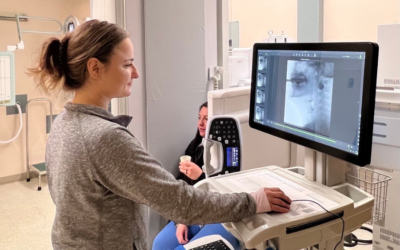Locations and Care
![]()
Whether you’re home or away, find a location closest to you. Search by facility.
Logan Services
Logan Health offers a wide variety of services and care. Please select from the dropdown below to see more specific to your health care needs.

Our people are everything. The amazing providers, employees, and volunteers at Logan Health gift this organization with their innovation, knowledge, and compassion. Together, we’re connecting our community to trusted, quality care and helping to improve lives every day.

By offering high-quality health care, responding to community needs, and concentrating resources in areas that truly make a difference, Logan Health maintains a rich tradition of giving back to the communities we serve.
Logan News & Events
![]()

46th Annual A.L.E.R.T. Banquet is a resounding success
The 46th Annual A.L.E.R.T. Banquet, held on Saturday, April 20, was a resounding and record-setting success, raising more than $635,000. With 820 incredible supporters in attendance and the generous backing of 35 community sponsors, we’re ensuring our A.L.E.R.T. crews have the training and tools necessary to meet their mission of providing life-saving rescues and transportation wherever and whenever needed. We’re grateful for the generosity and collaborative partnerships toward building a healthier future for Montana.
New radiology equipment impacts the field of speech language pathology
Logan Health – Shelby’s recent installation of new Shimadzu Digital Radiology equipment includes the only innovated Fluoroscopy unit available in the region. Fluoroscopy is a type of medical imaging procedure that shows a continuous X-ray image on a monitor, much like an X-ray movie. With this new technology, Modified Barium Swallow Studies (MBSS) are available at Logan Health – Shelby.
Logan Health awards Healthy Classrooms grants to 19 Flathead Valley educators
Logan Health’s Foundation and School-Based Services awarded $500 grants to 19 educators at Flathead Valley schools this April. The Healthy Classrooms Grant provides funding to local schools to aid in the creation or improvement of student-centered and staff-related healthy living initiatives.
Community Impact: Health and Safety Education
By offering high-quality health care, responding to community needs, and concentrating resources in areas that truly make a difference, Logan Health maintains a rich tradition of giving back to the communities we serve.


